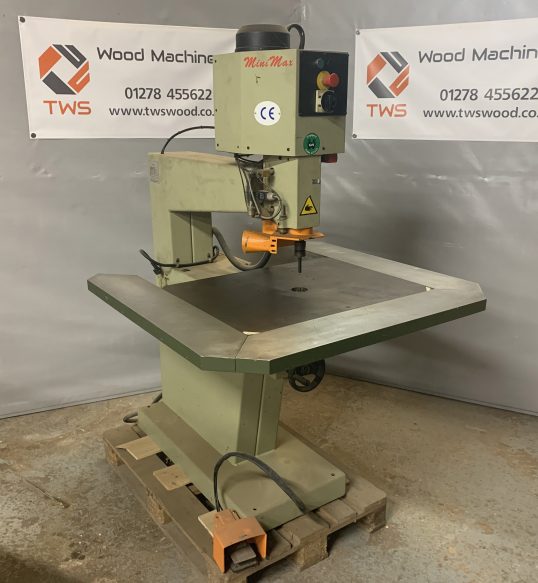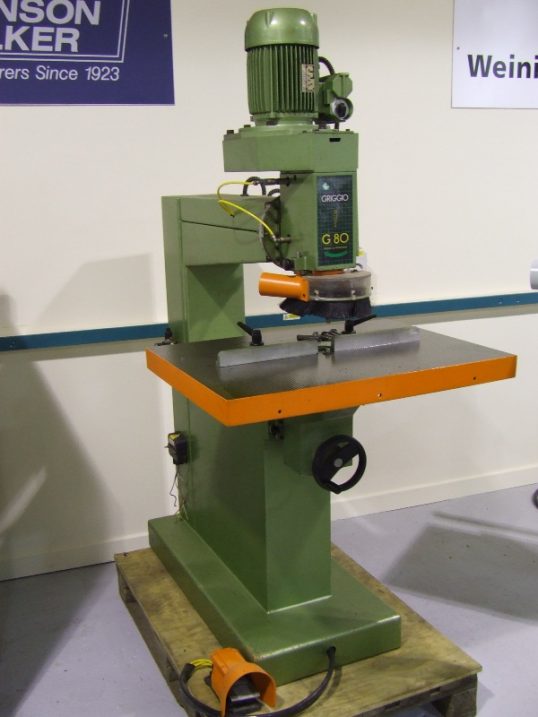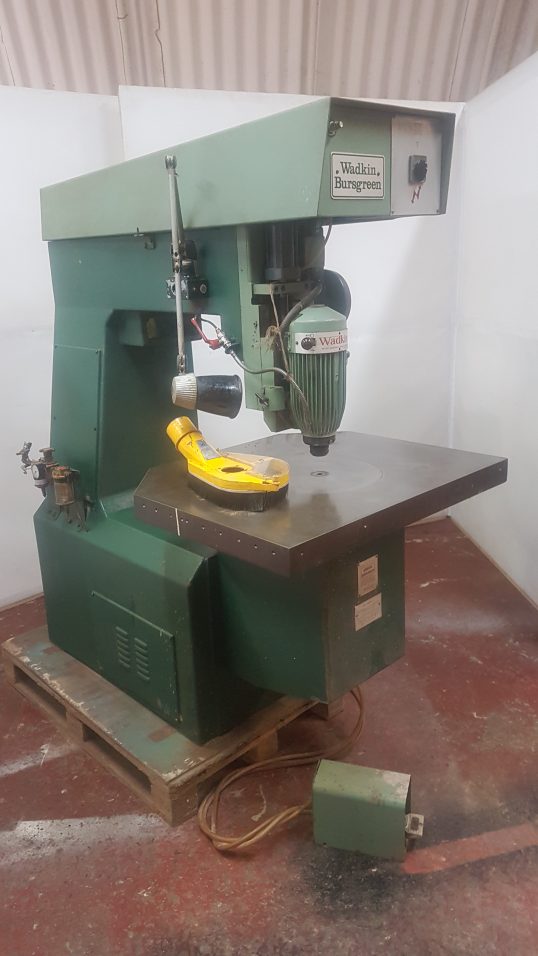If you need your new router now but don’t have the cash on hand we can also work with you to find a flexible funding option. We work closely with Tower Finance to make the process of finding finance for woodworking machines simple. We are independant machinery dealers so we will always tell you what the best option is not just what we have available in our showroom. Get in touch today to find out which router we recommend based on the needs of your business.
Routers for Woodworking: Precision, Versatility, and Craftsmanship
Routers are indispensable tools in the world of woodworking, offering unmatched precision and versatility for both amateur woodworkers and seasoned professionals. Whether you’re crafting intricate designs, shaping edges, or hollowing out grooves, a high-quality router is essential for achieving a flawless finish and adding that professional touch to your projects.
Why Choose a Router for Woodworking?
Routers are essential for woodworking due to their ability to perform a wide range of tasks with accuracy and efficiency. From creating smooth, decorative edges to cutting joints, and shaping mouldings, routers can handle it all. This versatility makes them a staple in any woodworking shop. With the right router and bits, you can accomplish tasks that would otherwise require multiple tools, saving you time and enhancing the quality of your work.
Types of Woodworking Routers
There are two main types of routers: fixed-base routers and plunge routers.
- Fixed-Base Routers: Ideal for tasks that require consistent, precise cutting depths, such as edge trimming and pattern work. They are generally easier to control and lighter, making them a great choice for beginners and for use with a router table.
- Plunge Routers: Perfect for more complex woodworking projects, these routers allow you to adjust the cutting depth while the router is in operation. This makes them suitable for tasks like mortising, inlay work, and creating deep grooves.
Essential Features to Consider
When choosing a router for woodworking, consider the following features:
- Power and Speed: A router with a powerful motor (typically ranging from 1.25 HP to 3.5 HP) and variable speed settings will handle a variety of wood types and cutting tasks.
- Ergonomics and Control: Look for a router with comfortable grips and easy-to-reach controls to ensure stability and precision during use.
- Bit Compatibility: Ensure the router can accommodate a wide range of bits, allowing for greater versatility in your woodworking projects.
- Dust Collection: A built-in dust collection system can help keep your workspace clean and improve visibility during intricate cuts.
Enhancing Your Woodworking Projects
With a router, you can elevate the quality and complexity of your woodworking projects. Create custom cabinetry, design intricate patterns, or produce clean, professional edges on furniture and decorative pieces. Routers enable you to explore advanced techniques like dado cuts, rabbeting, and dovetailing, expanding your creative possibilities.
Tips for Using a Woodworking Router
- Start with the Basics: If you’re new to woodworking routers, begin with simple tasks like edge trimming to get a feel for the tool.
- Choose the Right Bits: Use high-quality router bits suitable for the material and task at hand. Sharp, well-maintained bits produce cleaner cuts and extend the life of your router.
- Practice Safety: Always wear appropriate safety gear, such as eye and ear protection, and work on a stable surface.
- Use a Router Table: For added precision and control, consider using a router table, especially when working on smaller pieces or repetitive tasks.
Conclusion
Investing in a high-quality router for woodworking is one of the best decisions you can make as a woodworker. The versatility, precision, and efficiency offered by these tools are unmatched, allowing you to achieve professional-level results in your projects. Explore our range of routers for woodworking, and take the first step towards mastering your craft.



